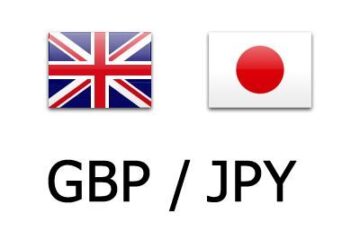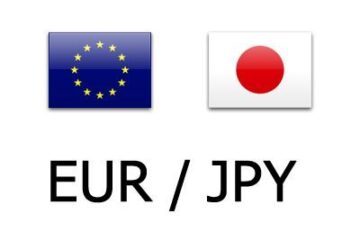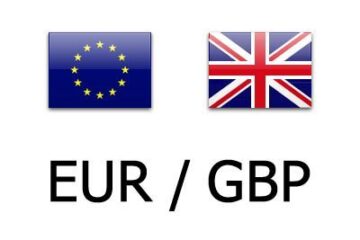Most people don’t expect a ton of privacy when they hop aboard a flight, with TSA doing a full body scan, luggage and carry-on searches being standard practice, the occasional TSA pat-down, and of course, travelers regularly filming in-flight scuffles.
But, even as so many people happily post their itineraries on social media and TikTokers document every step of their travels, most passengers probably aren’t expecting that detailed information about their flight patterns is being sold to the government by the airlines they’re trusting to get them from Point A to Point B.
💵💰Don’t miss the move: Subscribe to TheStreet’s free daily newsletter 💰💵
Unfortunately, that appears to be exactly what’s happening, with several major airlines providing very comprehensive details to a specific government agency – and also going to great lengths to conceal the fact that they are doing it.
Here’s exactly what the airlines are providing to the feds, along with some information on the steps they took to keep the information from becoming public, so you wouldn’t know that the government is learning all about your trip to Grandma’s – and much more.
The government knows where these travelers are going.
Image source: Daniel Slim/AFP via Getty Images
Data broker discloses details to the government
Airlines Reporting Corporation (ARC) is a data broker that’s owned by at least eight major airlines, according to publicly available documents.
Representatives from Air Canada, Air France, Alaska Airlines, American Airlines, Delta, JetBlue, Lufthansa, Southwest, and United sit on its board, and over 240 airlines depend on ARC to provide ticket settlement services.
Related: TSA makes major change after identifying huge security risk
ARC works with firms like Expedia to provide data on travel trends, and it partners with both airlines and travel agencies. However, according to documents obtained by 404 Media through a Freedom of Information Act (FOIA) request, it’s also doing much more than that.
ARC is apparently selling data to Customs and Border Protection (CBP), which is a part of the Department of Homeland Security. ARC entered into a contract to provide data beginning in June of 2024, and the contract remains in effect until 2029.
The data provided to DHS includes details from both U.S. citizens as well as non-U.S. persons, and it provides:
Passenger namesFull flight itineraries for each passengerFinancial details from passengers
A privacy impact assessment (PIA) prepared by DHS and made available online indicates that the data includes over a billion records collected over a 39-month period, and it is updated each day with ticket sales from the prior day.
DHS can search the data by name, airline, and credit card. However, only information from Expedia and other travel agencies is included in the database. Tickets sold directly to an airline will not show up on the report.
The airlines don’t want you to know what they’re doing with your data
While ARC is happy to provide extensive details about your flights to the government, it definitely does not want you to know what it’s doing.
Related: Southwest Airlines adds strict new onboard rule
In fact, its contract with the government has specifically requested CBP to “not publicly identify vendor, or its employees, individually or collectively, as the source of the Reports unless the Customer is compelled to do so by a valid court order or subpoena and gives ARC immediate notice of same.”
While DHS claims that Customs and Border Patrol requires access to this information to “support federal, state, and local law enforcement agencies to identify persons of interest’s U.S. domestic air travel ticketing information,” civil rights experts and privacy advocates are concerned about the implications for travelers.
“The big airlines — through a shady data broker that they own called ARC — are selling the government bulk access to Americans’ sensitive information, revealing where they fly and the credit card they used,” Senator Ron Wyden said in a statement.
More on travel:
U.S. government issues serious warning for cruise passengersDelta Air Lines makes a baggage change that travelers will likeUnited Airlines passenger incident triggers quick response
Still, despite concerns about the secret data-sharing detail, a warrant is typically not required for the U.S. government to purchase records from private data brokers.
So, while news of this arrangement may result in public outcry, it’s unclear whether there is much that angry passengers can do about it.
Related: Veteran fund manager unveils eye-popping S&P 500 forecast


